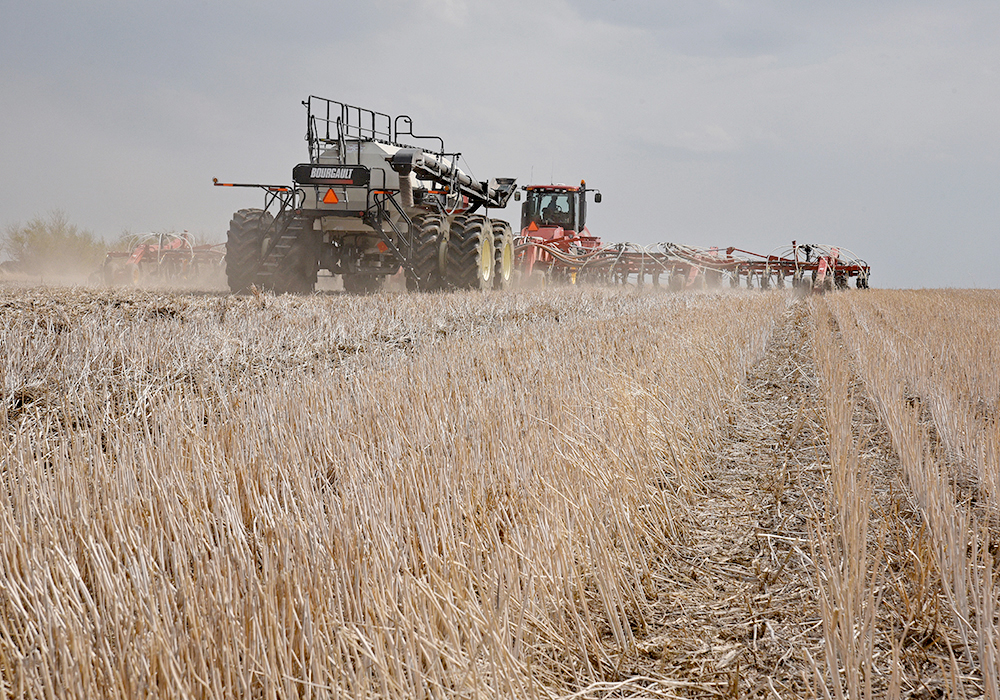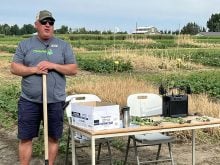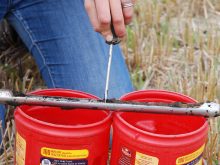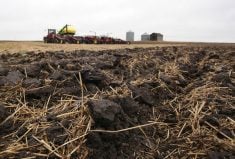If landlords want farmers to protect the land they rent, they need to cut those farmers a deal.
Farmers aren’t keen to pay top-dollar rent and also be expected to do all the things they’d do if they owned the land, Manitoba Agriculture soil specialist John Heard told Keystone Agricultural Producers.
“Farmers should be receiving preferential treatment on rented land when they use conservation practices,” said Heard.
“If you’re treating it well and doing those right things, I would hope that the landlords have a stewardship ethic too (and) are willing to reward that.”
Read Also

Canadian Food Inspection Agency red tape changes a first step: agriculture
Farm groups say they’re happy to see action on Canada’s federal regulatory red tape, but there’s still a lot of streamlining left to be done
Landlords could reward farmers by:
- Giving a longer rental agreement so renters stand to benefit from treating the land well.
- Lowering the rent to recognize the investments and lower net return a farmer sees from practicing proper stewardship.
Land can look the same from the road, but Heard said it’s easy to spot the difference beneath the surface.
“I can tell if it’s owned or rented land when I see a soil test,” said Heard.
If the land is rented, the phosphorus levels are almost always lower than is typical on owned land.
Landowners should care about various practices and consider including and rewarding them in agreements. Those include:
- Fertility management and investment.
- A balanced crop rotation.
- Proper pesticide management and rotation.
- Reduced tillage.
- Drainage maintenance.
- Protection of vulnerable areas.
- Shelterbelt and other natural feature protection.
- Fence maintenance.
- Manure inclusion.
- Straw management.
“Straw-burning could be absent in a year if the landlords decided,” said Heard.
Farmers treat rented land differently than land they own and that isn’t good for the overall health of prairie soils, he added. Landlords must understand that their assets will be degraded if they don’t require renters to maintain them, and so owners need to compensate farmers for their investment in time, care and money.
Landlords “have more control than any government would over how the land is treated,” said Heard.
















